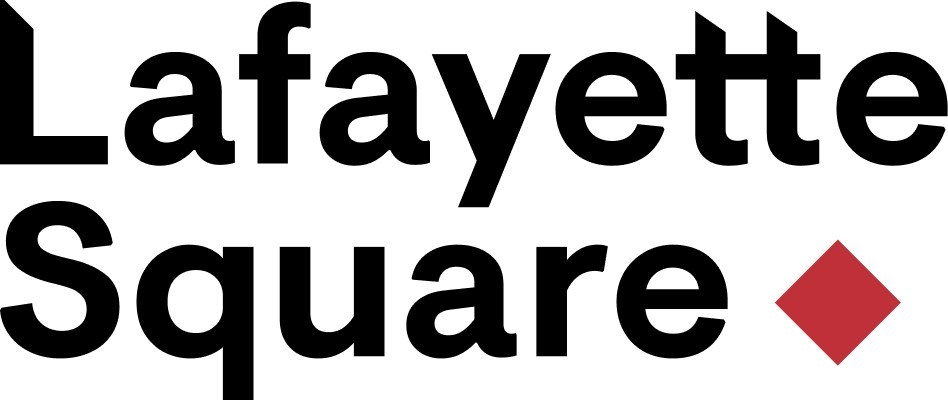Following President Trump's tariff blitzkrieg on Liberation Day, April 2, US maritime trade may face an abrupt disruption. The latest high-frequency data on container freight bookings show that overseas shippers rushed to send goods to the US over the past year to preempt the trade war, but have now suddenly halted shipments due to exorbitant tariffs. A recent report titled "Tariff Shockwave" released by freight data company Vizion last Friday indicates that US import orders surged in Q1 but are now showing signs of collapse.
The alarming report warns of a "widespread booking freeze" in US imports, with global trade turmoil spreading. The chart below shows the YoY changes in US import bookings over the past five years. In import and export trade, bookings refer to the act of shippers, traders, or logistics companies reserving transportation space or container capacity in advance from carriers (such as shipping companies, airlines, or freight forwarders).

It can be seen that bookings surged during the pandemic, peaked in 2021, sharply declined in 2022, began to steadily recover in 2023, regained momentum in 2024, and finally achieved a strong start in early 2025. However, this momentum did not last. Bookings in March 2025 had already dropped by 20% from the January peak, although they were still 30% higher than the same period in 2024.
The most likely explanation? Shippers accelerated shipments ahead of expected tariff hikes. But as tariff-related uncertainties intensified further in April, real-time bookings showed a clear collapse. Comparing data from the week of March 24-31, 2025, with the following week (April 1-8), we can see: This sharp decline aligns with the dates of two key events: The US announcement of reciprocal tariffs on China, and China's subsequent announcement of corresponding countermeasures.
Amid these sensitive tariff periods, widespread booking freezes occurred in the US maritime sector, with shippers pausing mid-transport cycle to reassess costs, timetables, and broader trade strategies. Meanwhile, focusing on the week of March 31-April 6, 2025, compared to the previous week (March 24-30), specific product-level trends show significant drops in bookings: These are mostly discretionary or seasonal goods, which typically respond fastest to cost increases, demand changes, or trade policy adjustments. Many of these goods are also within the scope of tariff adjustments, making them more sensitive to uncertainty and price volatility in the short term.
Among imports from China, the decline in bookings is particularly severe for raw materials in basic manufacturing. Plastics, copper, and wood products saw the most significant drops, as these categories are deeply tied to industrial and manufacturing supply chains and now face substantial tariff pressures. Vizion analysts concluded that tariffs have triggered significant uncertainty.
.















